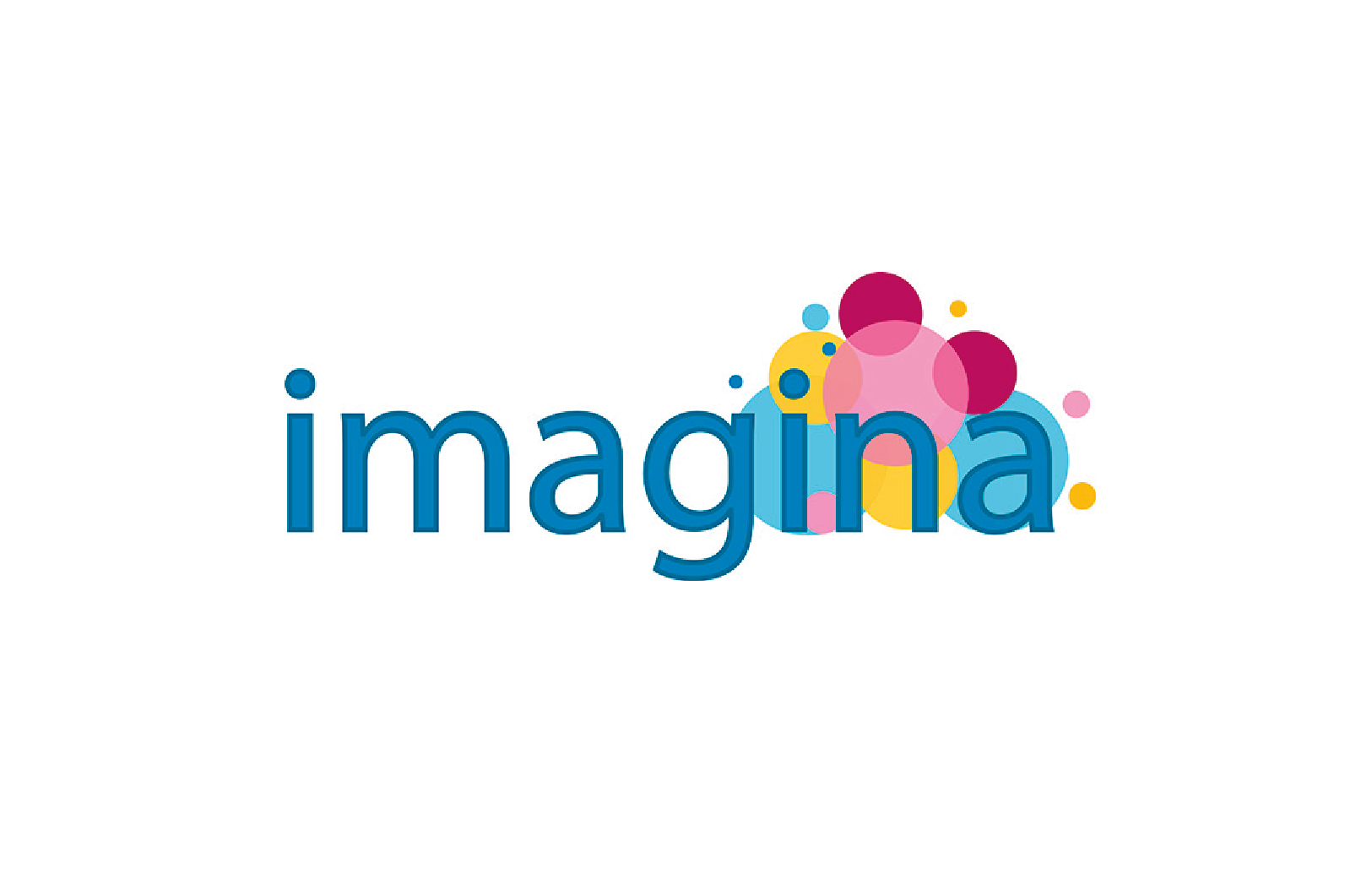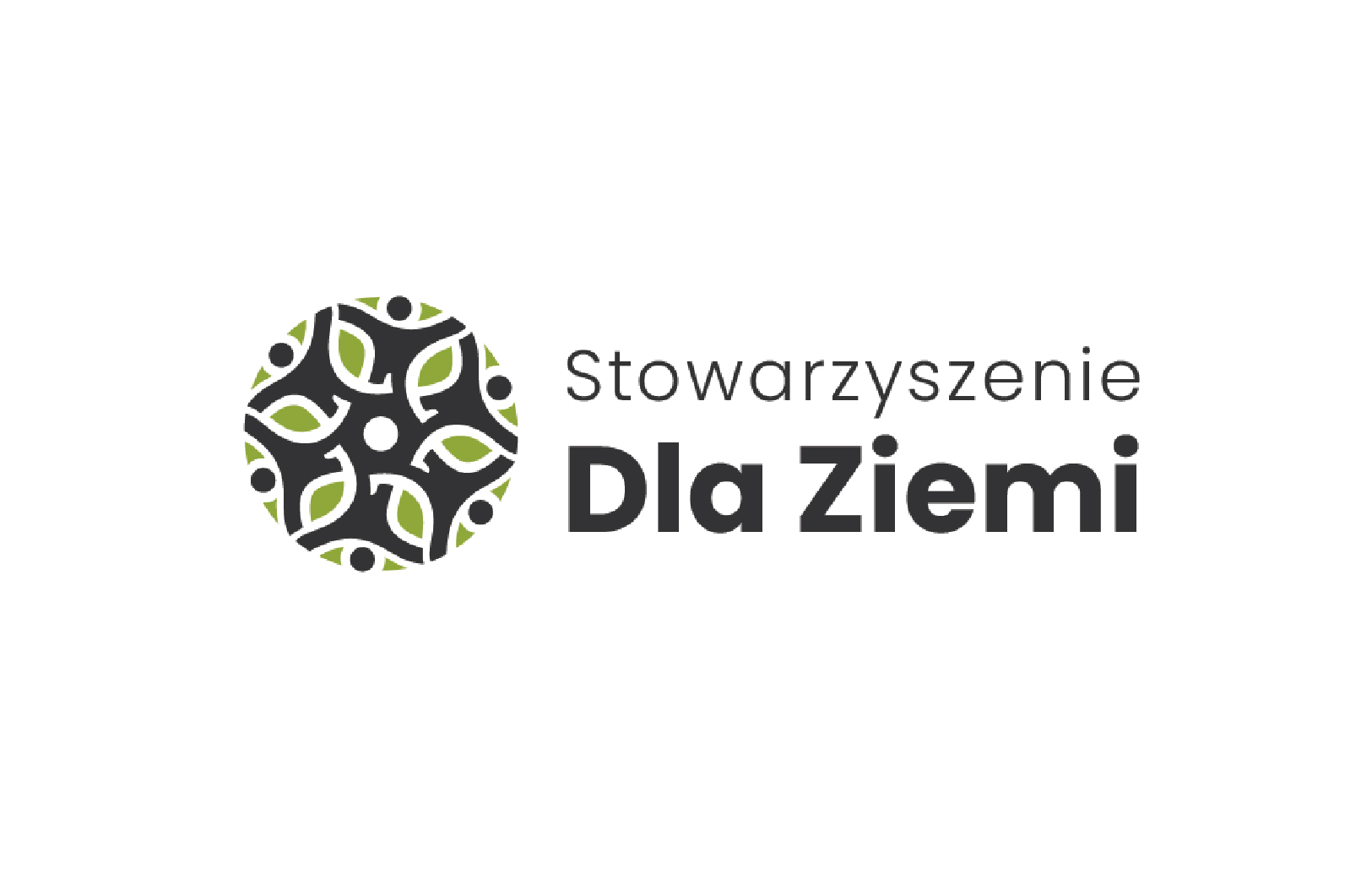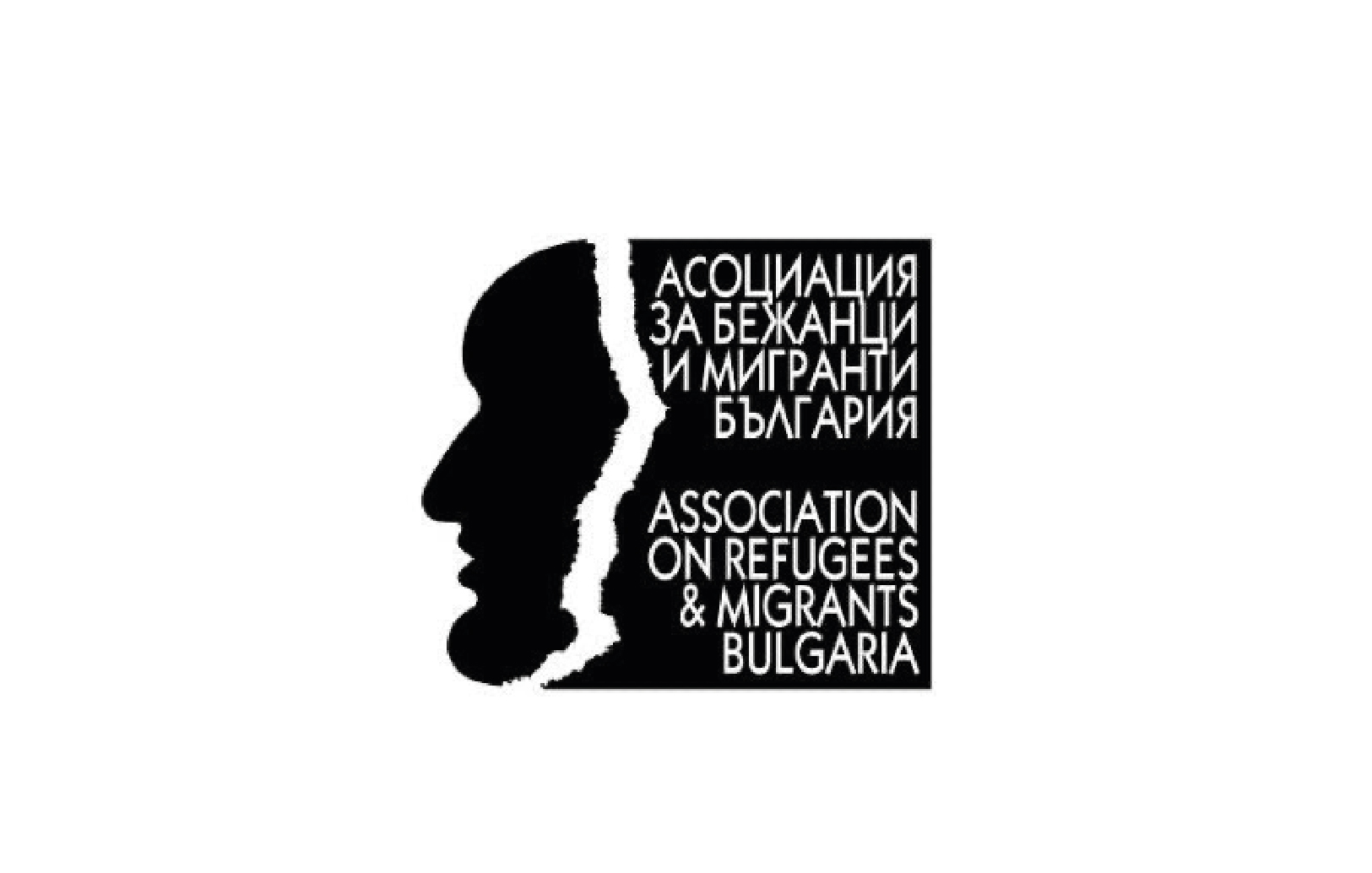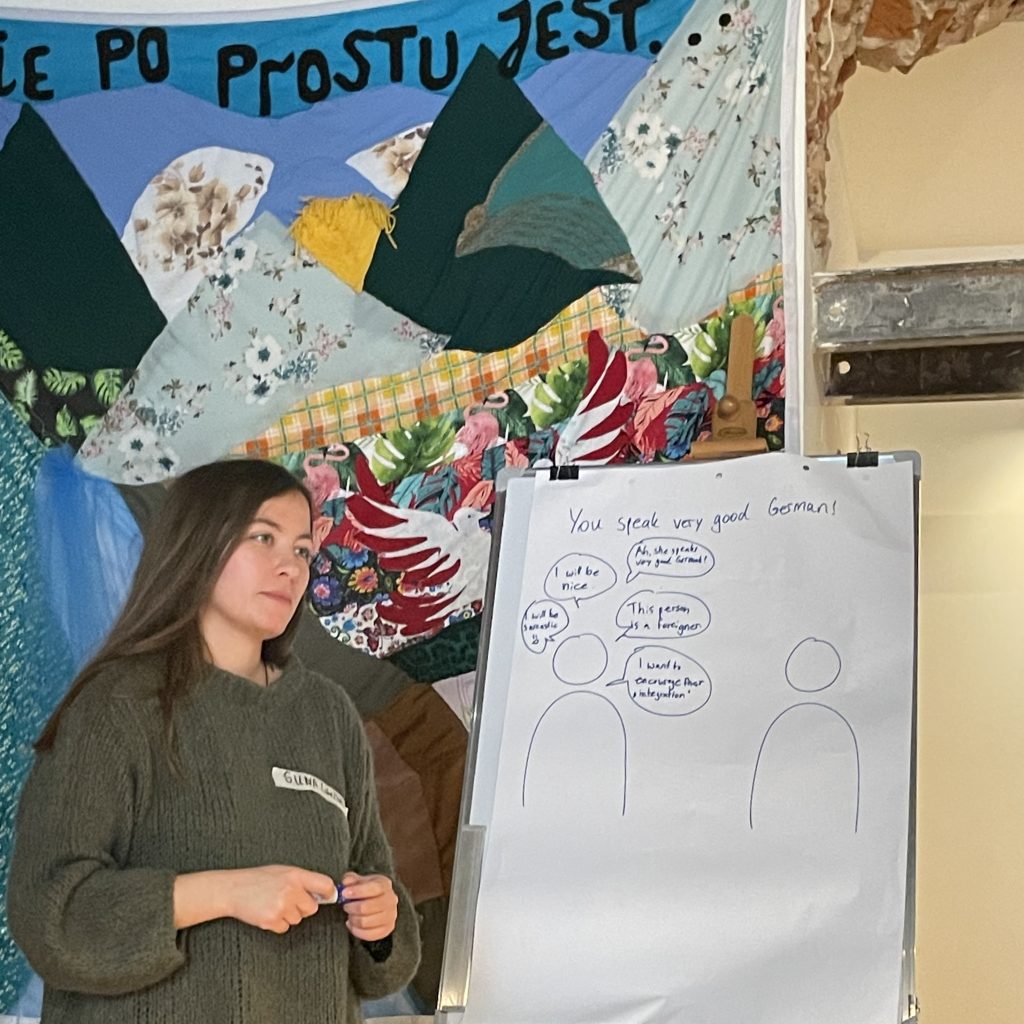
The ACCT project recently conducted our pilot training session for our anti-discrimination curriculum. This is a vital step to creating a resource to be used for ongoing commitment to combating intolerance, racism, xenophobia, and discrimination. This event was held in Lublin, Poland at the Stowarzyszenie “Dla Ziemi” premises, and showcased the collaborative efforts of all six partner organizations.
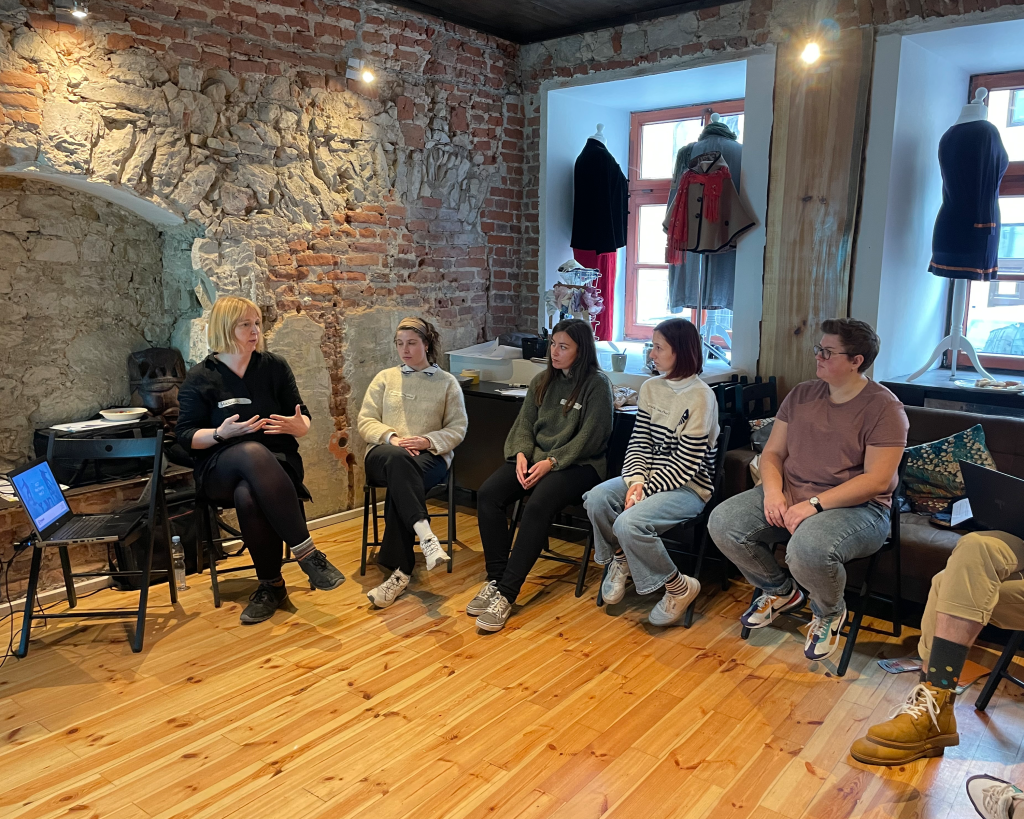

Perspekt Initiative led us through the four days, starting on November 1st. Each organization presented methods and exercises they are using to combat discrimination and encourage civic courage in their local context. Through reflection, we analyzed, workshopped, and provided constructive feedback to develop them further using a critical anti-discrimination and anti-racism lens. These sessions, divided into three blocks, focused on practical application and theoretical understanding — including a session on local reporting mechanisms for hate-crimes and discriminatory events.
The fourth day included a site visit to Baobab Center, guided by Anna Dąbrowska from Homo Faber Association. This part of the training is part of our innovative approach to provide participants with practical insights, in a localized context, on creating safe and inclusive spaces for dialogue and change. On our visit, we could see firsthand the center’s commitment to providing a welcoming neighborhood space where a variety of services are offered: from legal and psychological assistance to language classes and notarized translation services. The space includes a library with books in multiple languages, a playspace for children, and workspaces for adults. It’s a place where cultural and social inclusion is actively practiced. As part of the local implementation, each organization will find local efforts in their area to bring participants to.
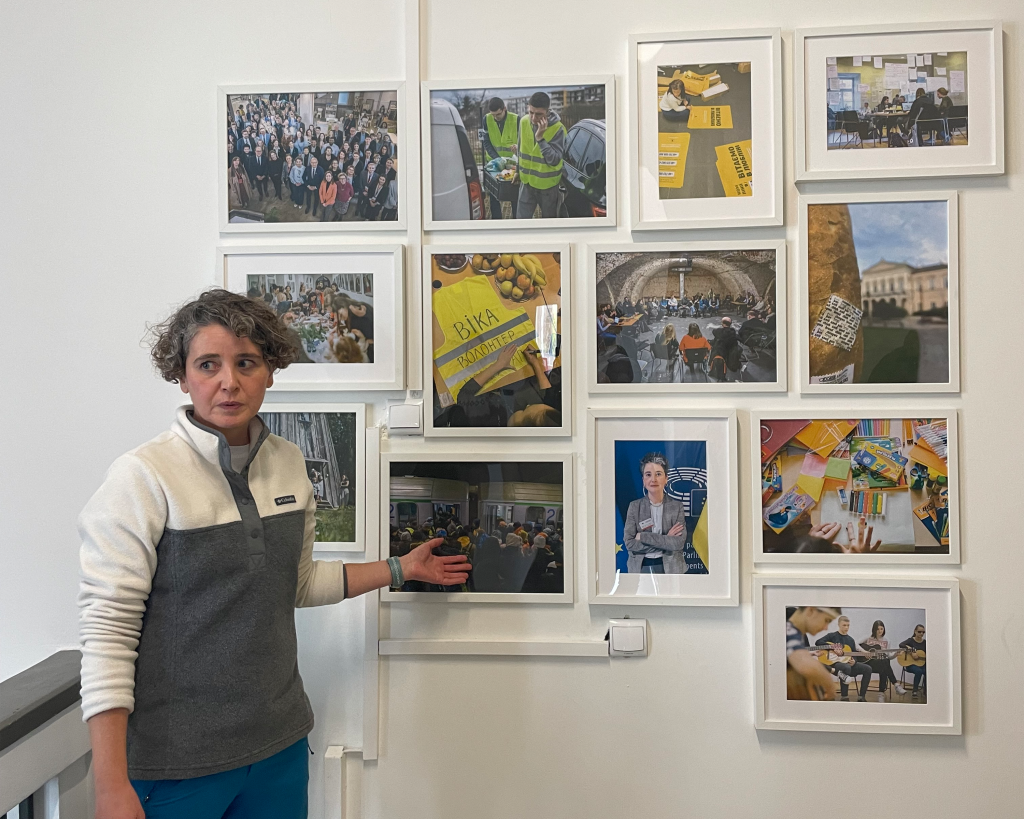
Baobab Center
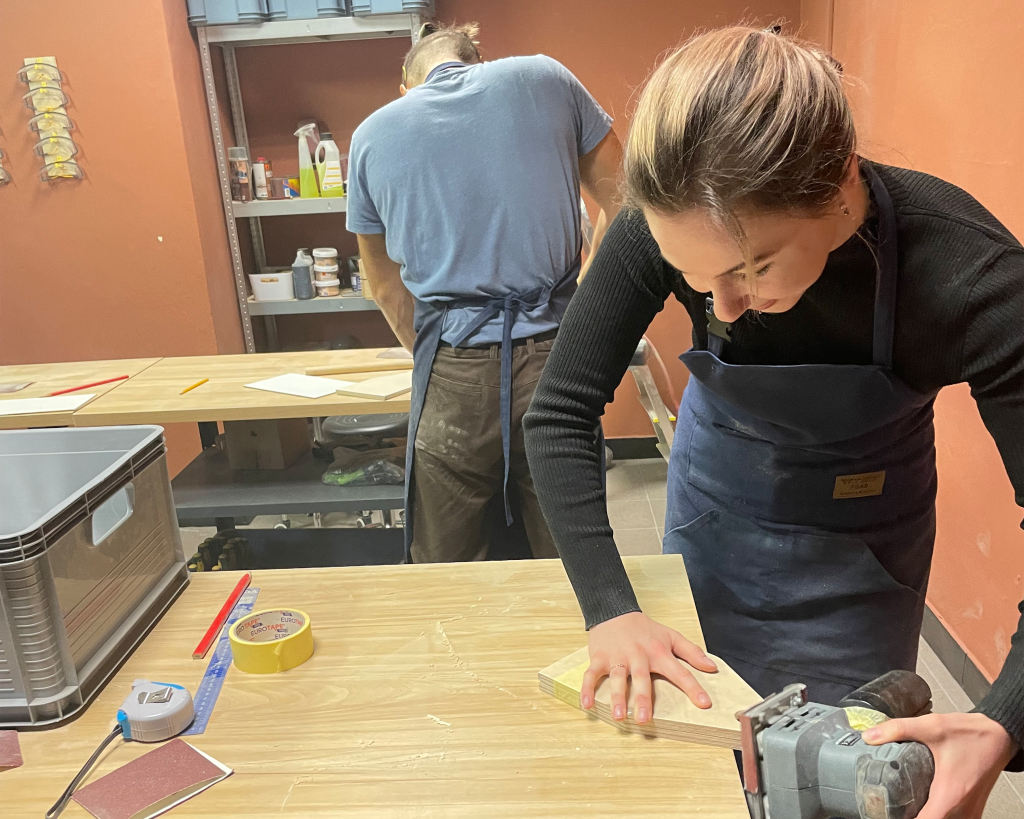
The pilot training concluded on November 4th, marking a significant step towards our goal of engaging with the public on combating discrimination and promoting civic courage. The insights and methodologies developed during this event will be published as a PDF open-access curriculum available on the ACCT project website and partner sites for all to use. From here, we will train local leaders from our respective communities on how to use the at an event in Berlin in the new year. These trainers will then implement local trainings in our 6 partners organizations’ locales. This resource and the upcoming trainings will serve as active steps in our collaborative effort to ACCT.






